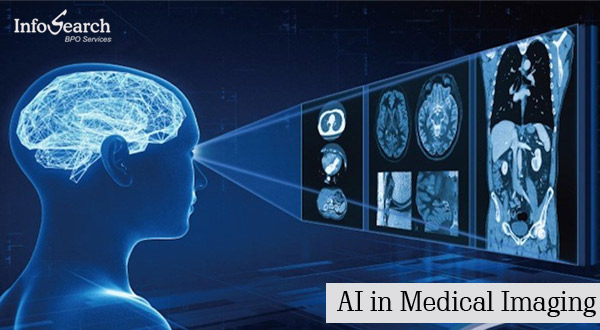
The Rise of AI-Powered Personalized MedicineThe Rise of AI-Powered Personalized Medicine In the rapidly evolving field of healthcare, artificial intelligence (AI) is emerging as a transformative force, revolutionizing the way medical care is delivered. Among its many applications, AI is particularly poised to revolutionize the field of personalized medicine. What is Personalized Medicine? Personalized medicine tailors medical treatments to the individual characteristics of a patient, considering factors such as their genetic makeup, lifestyle, and medical history. By understanding the unique needs of each patient, personalized medicine aims to: * Improve treatment efficacy * Reduce side effects * Predict and prevent disease AI’s Role in Personalized Medicine AI has the ability to process vast amounts of data and identify patterns that would be难以捉摸r humans. This makes it an ideal tool for: * Genetic analysis: AI can analyze an individual’s genome to identify genetic variants that may predispose them to certain diseases or affect treatment responses. * Phenotype analysis: AI can analyze data on a patient’s lifestyle, environment, and medical history to identify patterns that may contribute to their health outcomes. * Predictive modeling: AI can build models to predict a patient’s risk of developing certain diseases or the potential efficacy of different treatments based on their individual characteristics. Benefits of AI-Powered Personalized Medicine The benefits of AI-powered personalized medicine are numerous: * Improved patient outcomes: By tailoring treatments to individual patients, personalized medicine can improve the effectiveness of therapies and reduce the risk of adverse effects. * Early disease detection: AI can identify individuals at high risk of developing certain diseases, enabling early intervention and potential disease prevention. * Reduced healthcare costs: By predicting and preventing disease, personalized medicine can reduce the overall cost of healthcare by avoiding unnecessary treatments and hospitalization. * Empowerment of patients: Personalized medicine gives patients a better understanding of their own health and provides them with tailored information to make informed decisions about their care. Challenges and Considerations Despite its potential, the implementation of AI-powered personalized medicine also poses challenges: * Data privacy and security: The vast amounts of sensitive patient data required for personalized medicine raise concerns about privacy and security. * Bias and fairness: AI algorithms must be carefully designed and validated to avoid biases that could lead to unfair or discriminatory treatment decisions. * Cost and accessibility: Access to AI-powered personalized medicine may be limited by its cost and availability, particularly in underserved communities. Conclusion AI-powered personalized medicine has the potential to transform healthcare by tailoring treatments to individual patients, improving outcomes, reducing costs, and empowering patients. However, it is crucial to address the challenges and considerations associated with this technology to ensure its equitable and responsible implementation. As AI continues to evolve, it is expected to play an increasingly vital role in shaping the future of medicine, providing personalized care that improves the health and well-being of individuals.
Posted inNews